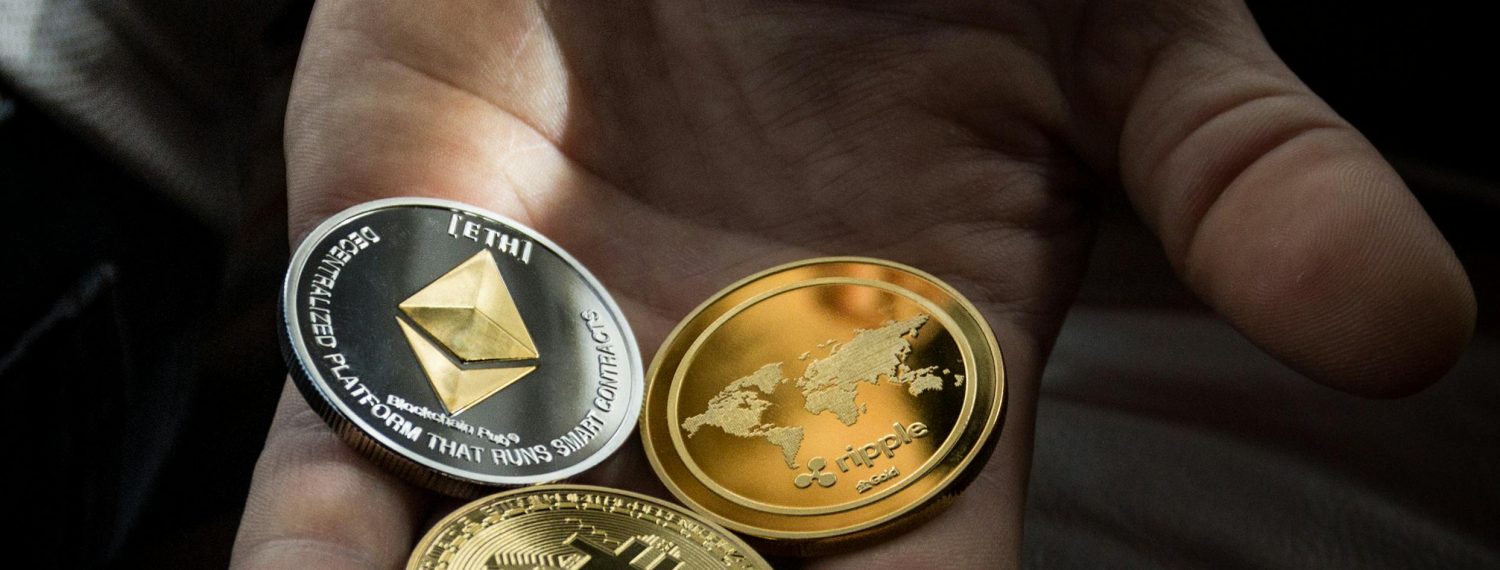July 19th, 2021

Cryptocurrency Holds the Future of the World
Transaction fees for cryptocurrency transactions are much lower compared to traditional financial systems. If you make many transactions each month, the transaction fees charged for each transaction you make can be huge. However, data miners receive their remuneration from the cryptocurrency network and are charged much less than for these transactions. Transaction costs for cryptocurrencies are lower than those of all unlike, for example, the fees for transfers of money from a digital wallet to a bank account.
You can make transactions at any time of the day and night and there are no restrictions on purchases and withdrawals. Everyone is free to use cryptocurrencies without setting up bank accounts or requiring documents or other formalities.
Experts believe that taking away the middle man goes beyond the simple benefits. Since cryptocurrencies do not use an intermediary, transactions are simpler and require less or no additional transaction fees, and can be instant.
The Internet enables people to transfer cryptocurrencies with ease. A cryptocurrency transaction is a unique exchange between two parties that protects users from identity theft. They have the inherent property of physical money, and they enable instant exchange without installments on the edge of the associated gadget network.
The cryptocurrency ecosystem has the potential to facilitate asset transfers and transaction processing for a vast market of willing consumers, if necessary, infrastructure, digital, and regulatory conditions are created. Interested customers will find it easier to conduct transactions and asset transfers through the cryptocurrency ecosystem.
A Boon to the Future
The future appeal of crypto is that you have ultimate control over your money, faster and safer global transactions, and lower transaction fees than existing currencies. Use and understand that it is the initiator of many emerging systems that are changing our global economic system. Investing in these revolutionary systems is a bet that we are on the way to being future leaders.
Cryptocurrencies and blockchain technology contribute to the potential returns of investment generators that are able to manage information and money. They are an easy way to achieve higher returns and greater liquidity, bearing in mind that you can sell and trade across multiple currencies. In addition, they enable efficient data exchange and can be entered based on the needs of third parties as long as the data quality is excellent.
Modern currencies include paper money, coins, credit cards, and digital wallets such as Apple Pay, Amazon Pay, Paytm, PayPal, etc. It is controlled by banks and governments, which means that centralized regulators restrict the functioning of paper currencies and credit cards.
Numerous Benefits
Cryptocurrency (or cryptocurrency) is a digital currency that can be used to purchase goods and services through an online registry with strong cryptography to secure online transactions. The most common way to make money from cryptocurrencies is to buy coins like Bitcoin, Litecoin, Ethereum, and Ripple and wait for their value to rise. Such is the interest that unregulated currencies are constantly traded at a profit by speculators, which drives up prices.
There are numerous advantages to all types of digital currencies. The use of cryptocurrencies is currently illegal in some countries, but some countries plan to make them legal in the coming years.
If you are looking for the best investment opportunities to invest in cryptocurrencies, and you are curious about how you can use them to manage your finances, you need to be aware that not all the potential benefits are negative. Shifts in value are caused by changes in the market, and with Bitcoin and other popular examples of cryptocurrencies, consider how best to capitalize on the growing market power of digital powerhouses. Understanding where cryptocurrencies come from and how they interact with modern banking is vital if you want to keep your money in the years ahead secure and sound. There are some challenging obstacles to the widespread adoption of various cryptocurrency options, and it can be a difficult issue to understand. However, if you have the opportunity to have a clear idea of what to expect, your chances of having a positive interaction with the cryptocurrency will improve.
The world of cryptocurrencies made its first major debut with bitcoin, often considered the first and most successful currency of its kind. Bitcoin can be described as a peer-to-peer electronic cash system that promises to be decentralized and exclude all kinds of middlemen. Cryptocurrencies do not have a physical form but exist as blockchain servers that store data on transactions, blocks, and personal identification factors.
As bitcoin gained popularity, other cryptocurrencies came onto the market, giving potential investors access to more options over the years. Cryptocurrencies were introduced to a number of early adopters on the dark web. The security of online transactions was a clear selling point, but it was investment opportunities that caught the attention of the masses.
As a result, many companies view platforms like Bitcoin as unethical and have reservations about using cryptocurrencies. Bitcoin and cryptocurrency transaction fees – many expect most users to hire a third-party provider such as Coinbase to create and maintain their Bitcoin wallets. These services act as PayPal for cash and credit cards for users and offer an online exchange system for Bitcoin, but such services are likely to charge fees.
Transaction fees can be a significant drain on your assets, especially if you carry out many transactions each month. However, if there are no external fees and you use a third-party service to keep your crypto bag, one of the advantages of cryptocurrency is that it is likely to have fewer transaction fees than the traditional financial system. Data miners – remote, separate computer systems that process numbers to generate bitcoin and other cryptocurrencies – receive their remuneration from the cryptocurrency network and are therefore involved in transactions fees that are not incurred.